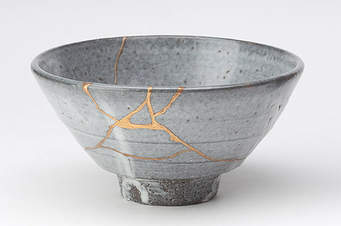514.223.5327
MAKE AN APPOINTMENTPost-Traumatic Growth
I am continuously impressed by how adversity can be so transformative for people. None of us are spared from hardship – loss, oppression, trauma – we all experience it in some form or another. Even when these adverse experiences turn our world upside down and even when it takes a long time to recover, these challenges are always an opportunity for growth.
Many of these experiences can result in a “crisis of meaning” in which the things that used to make sense to us no longer do. Through reflection and discussion with others, we can find our way through this dark period to a clarification and deeper connection with what is important to us. We become compelled to prioritize this new-found purpose.
These kinds of experiences wake us up to what we typically take for granted. They invite us to appreciate the simple things and feel grateful for what we have. They also inspire us to reflect on the life we have and how to live it the best we can.
Adversity reveals to us resources that we might not have recognized in ourselves. We end up finding out what we are capable of and this resilience can be applied to future challenges. It also becomes clear who your most cherished relationships are and the kindness bestowed upon you by them or even strangers can rejuvenate your faith in people.
I often tell my clients about the beauty of kintsukuroi pottery. This is a Japanese tradition of taking broken vases and rebuilding them with either gold, silver or porcelain filing. The bowl becomes more beautiful for having been broken and both the fragility and resilience are essential components of its beauty.
As you cope with anything devastating, stress is inevitable. You may also experience flashbacks, agitation, depression and avoidance. Finding a way to accept what has happened will help you to begin to rebuild. The deliberate and constructive process of making meaning out of the suffering leads to a new sense of purpose in life. Putting the experience into words with a trusted friend or with a therapist can facilitate this process and move you toward building a life that is truly important to you.
If you or anyone you know would like help to move beyond trauma we are trained to help. We can be reached at 514 223 5327.
Written by: Dr. Shawna Atkins, Ph.D., OPQ, Psychologist

